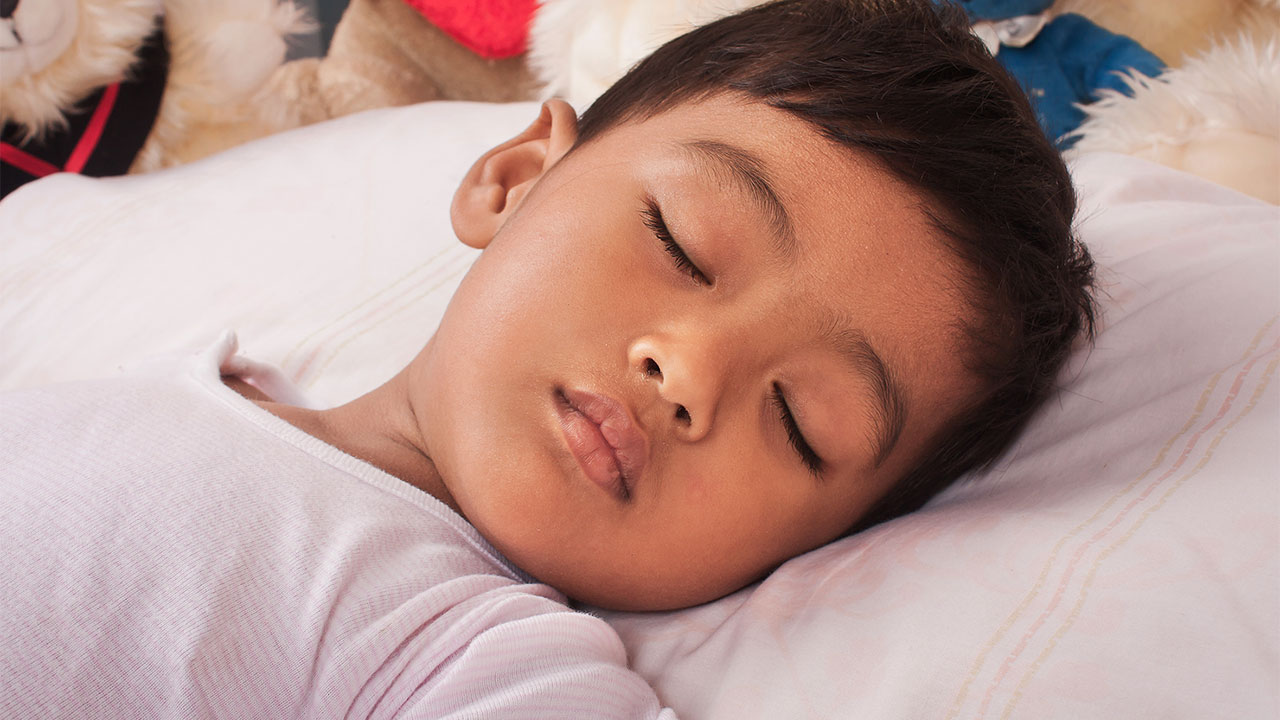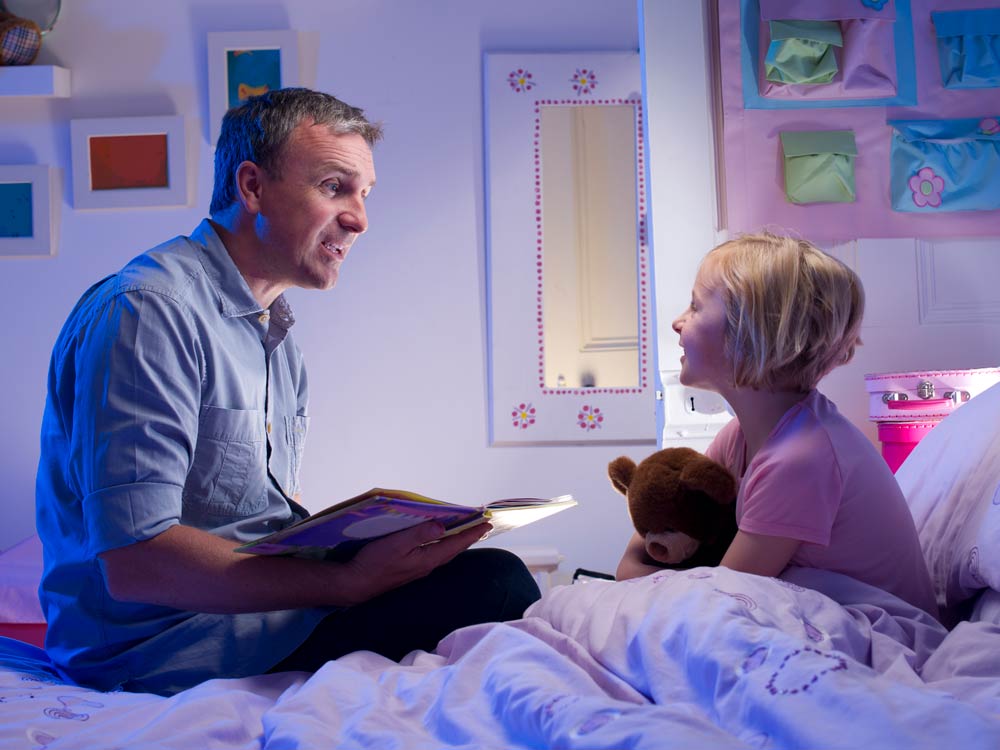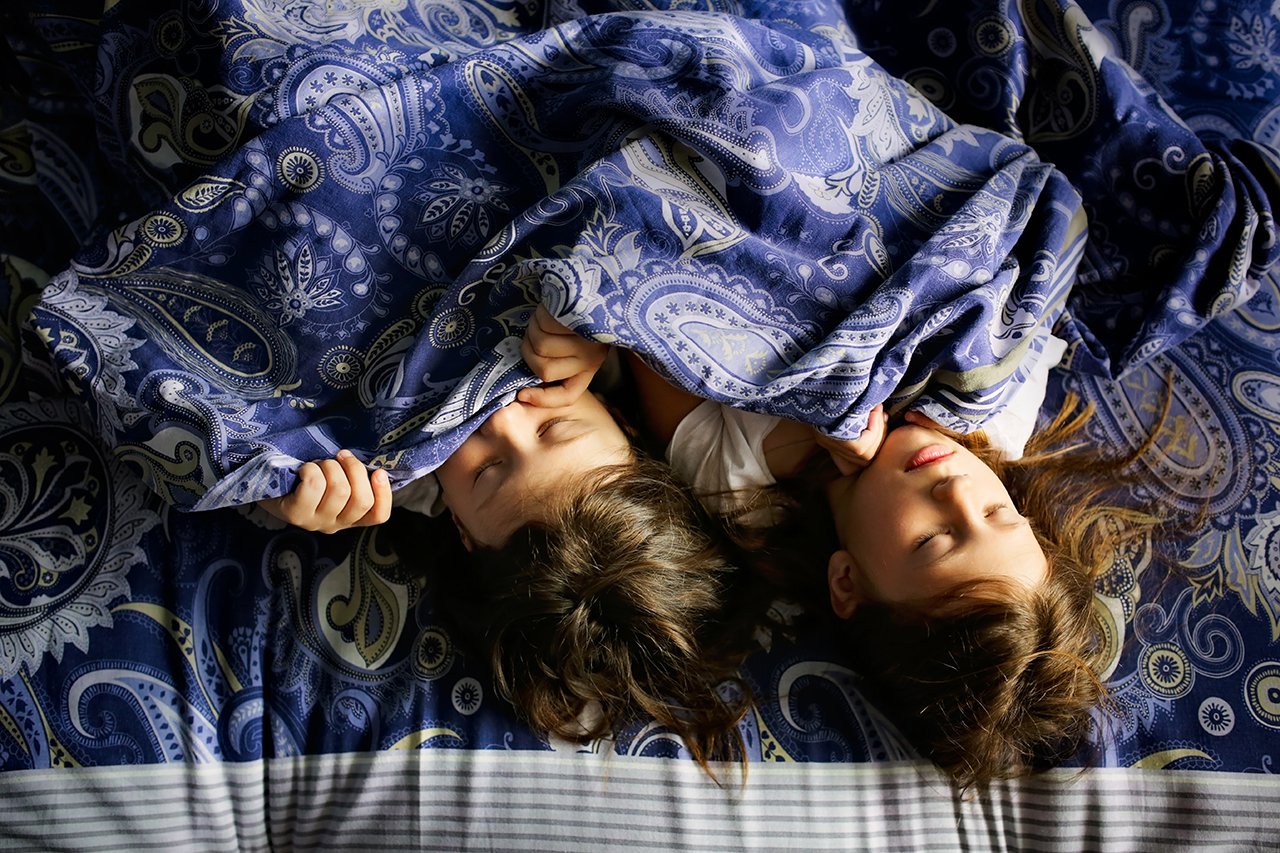The relationship between sleep and mental health in children is a complex ballet of physiological, psychological, and environmental factors. In our fast-paced world, the significance of a good night's sleep cannot be overstated, especially during the formative years of childhood. This article sheds light on how sleep—or the lack thereof—plays a critical role in a child's mental health, cognitive development, and overall well-being.
The Importance of Sleep
Understanding Sleep's Role in Child Development
 Sleep is not merely a passive state of rest but a critical component of brain development in children. It is during sleep that the brain consolidates learning, forms memories, and processes emotions. The architecture of sleep, characterized by cycles of REM (Rapid Eye Movement) and non-REM sleep, supports everything from the development of neural pathways to emotional regulation.
Sleep is not merely a passive state of rest but a critical component of brain development in children. It is during sleep that the brain consolidates learning, forms memories, and processes emotions. The architecture of sleep, characterized by cycles of REM (Rapid Eye Movement) and non-REM sleep, supports everything from the development of neural pathways to emotional regulation.
How Sleep Affects Mental Well-being
Adequate sleep is essential for maintaining mental health. It helps regulate mood, enhances the ability to cope with stress, and supports overall emotional balance. Children who consistently achieve quality sleep exhibit fewer behavioral problems, lower instances of anxiety and depression, and better social interactions.
The Impact of Sleep Deprivation
Cognitive Effects: Memory, Attention, and Learning
Lack of sleep can significantly impair a child's cognitive functions. This includes difficulties in concentrating, memory lapses, and decreased problem-solving skills. These challenges can lead to frustration and a decline in academic performance, further impacting the child's confidence and interest in learning.
Emotional and Behavioral Consequences
Sleep deprivation can lead to increased irritability, mood swings, and even aggression in children. The inability to regulate emotions effectively can cause problems in social interactions and increase the risk of developing more serious mental health issues.
Physical Health and Immune System Implications
The effects of sleep deprivation extend beyond the brain. Insufficient sleep can lead to obesity, a weakened immune system, and an increased vulnerability to infections, illustrating the interconnectivity of sleep with overall physical health.
Sleep Disorders in Children
Common Sleep Disorders and Their Impact
 Children can suffer from various sleep disorders, including insomnia, sleep apnea, restless leg syndrome, and night terrors. Each of these conditions can severely disrupt sleep, leading to significant daytime tiredness and affecting mental health and development.
Children can suffer from various sleep disorders, including insomnia, sleep apnea, restless leg syndrome, and night terrors. Each of these conditions can severely disrupt sleep, leading to significant daytime tiredness and affecting mental health and development.
Addressing Sleep Disorders: Approaches and Treatments
Early identification and treatment are crucial. Behavioral interventions, changes in sleep hygiene, and, in some cases, medical treatment can effectively address sleep disorders. A multi-disciplinary approach involving pediatricians, psychologists, and sleep specialists is often the most effective.
Strategies for Improving Sleep
Establishing a Bedtime Routine
 A consistent bedtime routine signals to the child's body that it's time to wind down. Activities like reading a book, taking a warm bath, or listening to calm music can facilitate the transition to sleep.
A consistent bedtime routine signals to the child's body that it's time to wind down. Activities like reading a book, taking a warm bath, or listening to calm music can facilitate the transition to sleep.
The Role of Diet and Exercise
Diet and exercise play significant roles in sleep quality. A balanced diet avoids heavy meals close to bedtime, while regular physical activity promotes better sleep. However, exercise should be avoided right before bed as it can be stimulating.
Creating a Conducive Sleep Environment
A quiet, dark, and cool environment can significantly improve sleep quality. Eliminating noise and light disturbances and ensuring comfortable bedding can make a big difference in how well a child sleeps.
The Role of Parents and Caregivers
Monitoring Screen Time
Limiting screen time, especially before bedtime, is crucial. The blue light from screens can inhibit the production of melatonin, making it harder for children to fall asleep.
Encouraging Physical Activity
Daily physical activity not only improves physical health but also contributes to better sleep and mental health. Encouraging outdoor play and limiting sedentary activities can help regulate sleep patterns.
Providing Emotional Support
A supportive home environment that encourages open communication about feelings and stresses can help mitigate sleep-related issues. Understanding and addressing the emotional needs of children can lead to better sleep and improved mental health.
Conclusion
The intricate link between sleep and mental health in children underscores the importance of prioritizing sleep in their daily lives. As parents, educators, and caregivers, it's our responsibility to ensure children have the opportunity for restful sleep, laying the foundation for healthy mental and physical development. Proactive steps, awareness, and early intervention can make a significant difference in the well-being of our children, paving the way for a healthier, happier future.
FAQs
1. What are signs that my child isn't getting enough sleep?
Signs include difficulty waking up, irritability, decreased attention span, and falling asleep at inappropriate times. If you notice these signs persistently, it may indicate insufficient sleep.
2. How can I help my child if they're having trouble sleeping?
Establish a consistent bedtime routine, ensure a sleep-conducive environment (cool, dark, and quiet), limit screen time before bed, and encourage relaxing activities like reading. If problems persist, consider consulting a healthcare professional.
3. How much sleep does my child need?
Sleep needs vary by age: toddlers (1-2 years) require about 11-14 hours, preschoolers (3-5 years) need 10-13 hours, school-aged children (6-13 years) should get 9-11 hours, and teenagers (14-17 years) need about 8-10 hours per night.
4. Can diet affect my child's sleep?
Yes, a balanced diet can improve sleep quality. Avoid heavy, rich foods, caffeine, and sugary snacks close to bedtime. Instead, opt for light snacks with tryptophan and magnesium, such as bananas, nuts, or dairy, which can promote sleep.
5. What if my child has a sleep disorder?
If you suspect your child has a sleep disorder, such as sleep apnea or insomnia, it's important to consult with a pediatrician or a sleep specialist. They can provide a proper diagnosis and treatment plan, which may include lifestyle changes, behavioral therapy, or medical treatment.
To learn which area of your child's life needs the most support, take our Breakthrough Area Assessment now using the link below.


